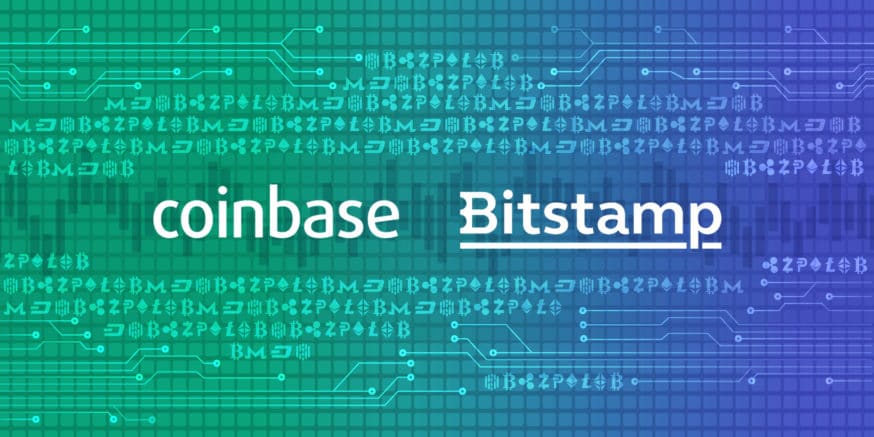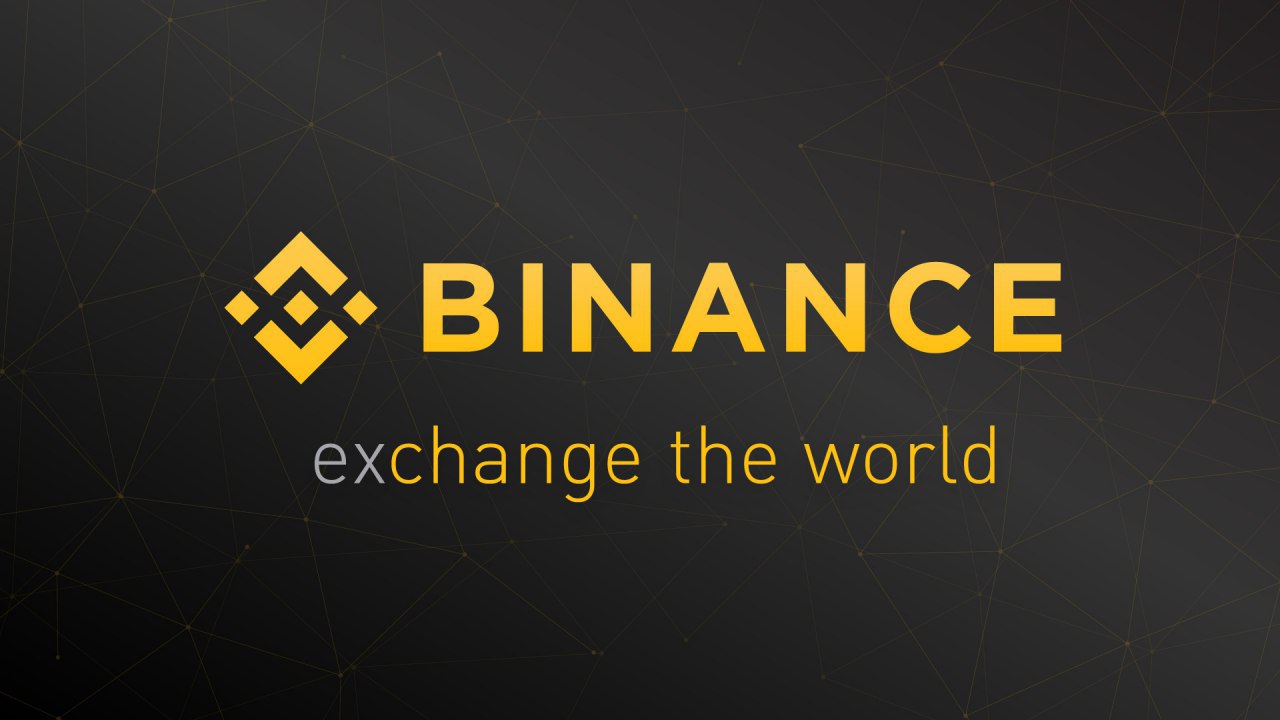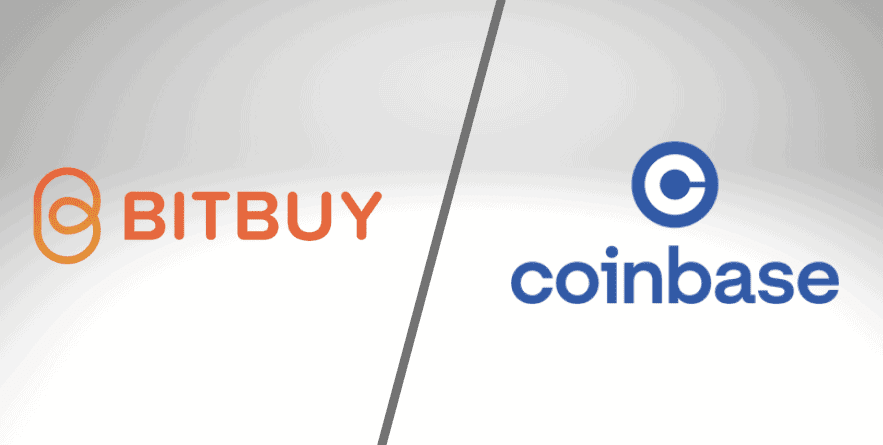When you’re looking for the best cryptocurrency exchange to buy, sell, and trade crypto assets, it’s usually a good idea to start with some of the options that have been able to stand the test of time. Coinbase and Bitstamp both fall into this category.
Coinbase was founded in 2012 and has become one of the most recognizable cryptocurrency brands around the world, and Bitstamp was founded a year earlier with a focus on the European market. While Coinbase has developed into a full-service cryptocurrency platform that offers a wide range of different features for people getting involved in bitcoin for the first time, Bitstamp still offers a strong exchange product for those who need liquidity in euro-based trading pairs.
Fees
Fees are somewhat of a tricky subject when it comes to Coinbase because there are two different ways to interact with the platform. While all trades are eventually executed via the Coinbase Pro trading engine, the reality is that users of the base Coinbase platform will find they are paying higher fees for the convenience of using a simple button that says “Buy Bitcoin” rather than an advanced trading platform. When the user-friendly, brokerage-esque version of Coinbase is used, trading fees are 1.49% when a bank transfer is used as the funding source for trade and 3.99% when a debit or credit card is used. These fees drop to 0.50% or lower (depending on volume) if you’re willing to use the underlying Coinbase Pro platform to make your trades.
The fee schedules for Bitstamp and Coinbase Pro are quite similar. The fees are the same at 0.50% for users with a 30-day trading volume of less than $10,000. The best rate for your trading activities will depend on how much trading you plan on doing every month, so you will want to take a close look at both fee schedules before choosing an exchange. That said, most traders will find that there is no difference in the fees charged by Coinbase Pro and Bitstamp for their trading activities.
Bitstamp also offers the ability to purchase bitcoin and other cryptocurrencies via a debit or credit card; however, the fees are a bit higher than what is available on Coinbase.
Features
While Coinbase has evolved into a company that is getting involved with many different aspects of the overall cryptocurrency industry, Bitstamp has been laser-focused on providing the best experience possible for professional traders. Bitstamp does offer the ability to purchase cryptocurrencies instantly via a debit or credit card, but this is the only major feature that is available to people who are not interested in trading on an advanced platform.
Coinbase has been venturing into many of the new aspects of the overall cryptocurrency ecosystem that have gained attention over the years. In terms of actual products, Coinbase offers their base brokerage platform that is well-known to be their bread and butter, a non-custodial wallet, the USDC stablecoin, the Coinbase Earn program, the Coinbase Pro platform for advanced traders, and a variety of other offerings specifically targeted towards businesses that need cryptocurrency services.
Speed
There is not much difference to look at when it comes to the speed of trades made on the Coinbase and Bitstamp platforms. Both Coinbase Pro and Bitstamp are built on advanced trading engines that allow users to get their trades executed in a timely fashion. That said, Coinbase has been notorious for experiencing downtimes during times when trading volume is exploding and a large number of users are trying to either buy or sell a specific cryptocurrency as quickly as possible. Of course, it should be noted that these downtimes experienced by Coinbase are also a sign that the platform has become extremely popular among cryptocurrency traders.
Security
Whenever you’re comparing various cryptocurrency exchange platforms based on security, it’s important to consider two main factors: longevity and security incidents. The only real way you can gauge whether a particular platform is trustworthy has to do with how long that particular exchange has been able to operate without facing a hacking event or another serious incident that led to users losing money.
To Coinbase’s credit, the platform has never faced a serious security incident that would lead people to lose trust in the company’s ability to securely store user funds. The same cannot be said for Bitstamp, which experienced a security incident that led to a hack of $5 million worth of bitcoin back in 2015. That said, Bitstamp users did not lose any money as a result of this event. Both of these exchanges have been around for nearly a decade at this point, so in reality, it’s unlikely that either exchange would experience an incident where user funds are lost at this point. The vast majority of funds held at exchanges like Coinbase and Bitstamp are held in offline wallets that would be extremely difficult for hackers to access.
Cryptocurrencies
Although Coinbase started as a platform focused on the United States and Bitstamp was mainly concerned about the European market, both of these exchanges have expanded to other jurisdictions over time. Because bitcoin trading is heavily concentrated around the U.S. dollar rather than other fiat currencies, the trading activity on Bitstamp is more focused on the BTC/USD trading pair rather than the BTC/EUR trading pair.
In terms of cryptocurrencies, Bitstamp is much more conservative than Coinbase. While Coinbase originally started as a bitcoin-only platform, the exchange started to embrace a large number of alternative crypto assets and tokens alongside their embrace of the Ethereum cryptocurrency network. On Bitstamp you’ll be limited to only the most popular cryptocurrencies like bitcoin, Ether, XRP, Bitcoin Cash, and link. On Coinbase, it should be noted that you can only gain access to all of the crypto assets offered by the platform if you’re willing to use Coinbase Pro.
Trading Power
On Bitstamp, traders will notice that the platform has focused on increasing liquidity, making sure order execution is reliable, and providing consistent uptime. The platform also offers several API integrations with other applications that allow traders more flexibility in terms of how they interact with the cryptocurrency markets.
With Coinbase Pro, you get all of these features as well. Neither of these platforms offers much in terms of advanced trading functions such as margin trading. These are both pretty basic trading platforms where there is a focus on reliability and security rather than exotic trading opportunities.
Ease of Use
Ease of use is where Coinbase has been able to make its mark and offer a unique experience that simply cannot be matched by other platforms. If you’re mainly interested in getting exposure to the cryptocurrency markets without having to use a confusing trading engine, then it’s hard to beat Coinbase. The platform allows users to purchase bitcoin and other cryptocurrencies via their user-friendly interface in an extremely simple and easy-to-understand manner. While Bitstamp offers some convenience through the ability to purchase bitcoin via a credit or debit card, the reality is that this same offering is available on Coinbase with lower fees.






